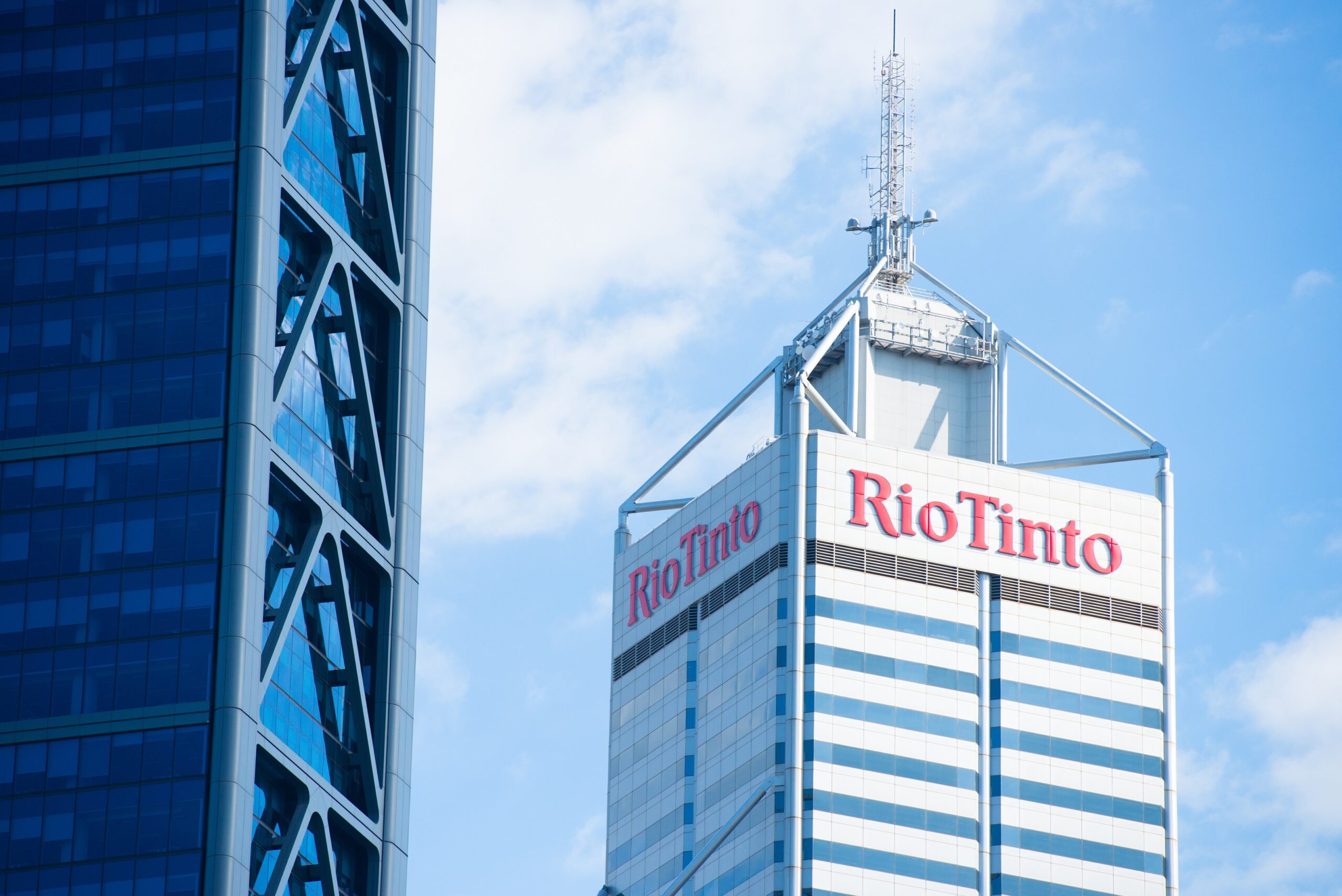Rio Tinto and Alcoa to install carbon free smelting technology

Rio Tinto (ASX: RIO) will install carbon free aluminium smelting cells at its Arvida smelter in Québec, Canada, using the first technology licence from its ELYSIS joint venture with Alcoa.
The first of its kind, the ELYSISTM technology eliminates all greenhouse gas emissions from the traditional smelting process and produces oxygen as a byproduct.
Rio will design, engineer and build a demonstration plant equipped with 10 pots operating at 100 kiloamperes (kA). The plant will have the capacity to produce up to 2500tpa of commercial quality aluminium without direct greenhouse gas emissions with first production targeted by 2027.
The plant will be owned by a new joint venture between Rio and the Government of Québec, through Investissement Québec, for a total investment of $428m (US$285m).
Rio chief executive aluminium Jérôme Pécresse commented on the deployment of the technology.
“Becoming the first the deploy the ELYSISTM carbon-free smelting technology is the next step in our strategy to decarbonise and grow our Canadian aluminium operations,” he said.
“In addition to delivering even lower-carbon primary aluminium for our customers, this investment will allow Rio Tinto to build its expertise on installing and operating this new technology, while the ELYSIS joint venture continues its reach and development work to scale up to its full potential.”
Through an offtake agreement, joint venture partner Alcoa will have the option to purchase a portion of the aluminium produced over the first four years at the Arvida demonstration plant from Rio.
To support the industrial demonstration, Alcoa will manufacture the ELYSIS anodes and cathodes at the Alcoa Technical Centre, which includes installing and operating new equipment.
Alcoa president and chief executive William Oplinger says the company is proud to progress the technology.
“Since investing the aluminium smelting process in 1886, which is still in use today, Alcoa has continued to create transformational technologies to improve our industry,” he said.
“We are proud to progress the technology initially developed at our technical centre to its next phase within the ELYSIS partnership.
“Aluminium plays a critical role in the world’s energy transition and decarbonisation efforts; with the ELYSIS technology, the smelting of this important metal can also be done without direct carbon emissions.”






















